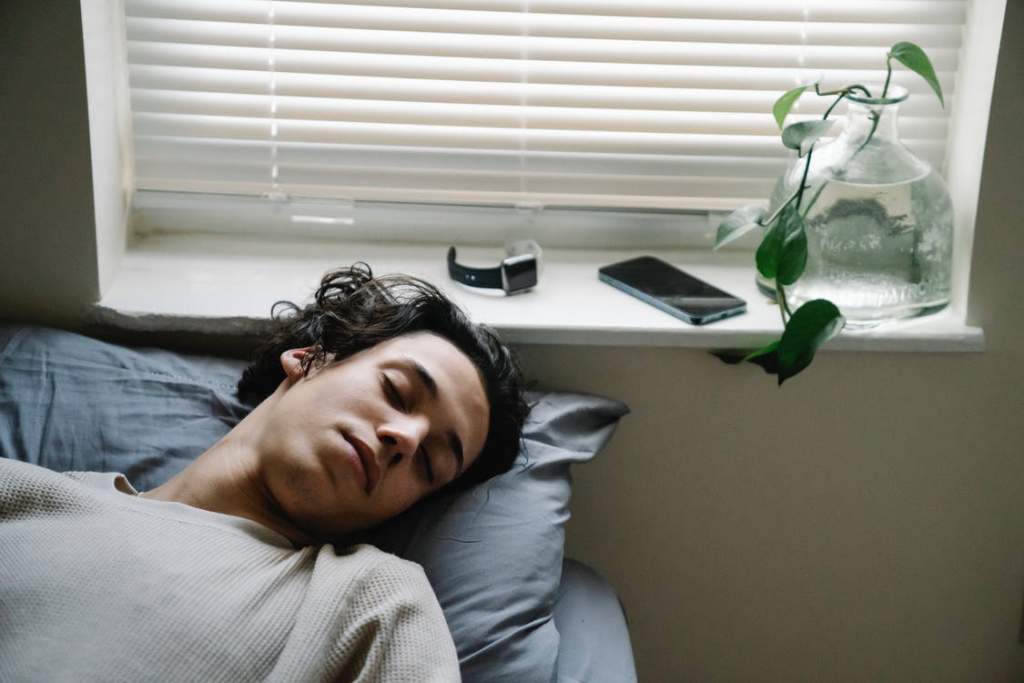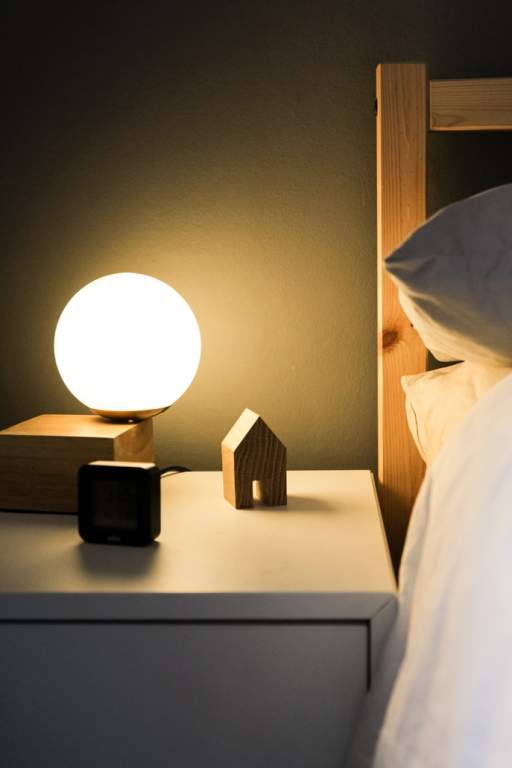Page Contents
Useful Tips to Sleep Better at Night
Health and happiness are linked to a good night’s sleep. The question is, when was the last time you awoke feeling revitalized, energized, and completely ready for the upcoming day? Is it even possible to sleep well without trying too hard? Many of us are spending restless nights, so let’s figure this situation out together. Here are a couple of tips that may help you sleep better at night and understand why you can’t sleep at night.

1. Have a routine
Maintaining a regular sleep schedule may be more difficult now that we’ve gone through so many transitions. However, it is critical for a restful night’s sleep. Every day will be easier if you can stick to a routine of getting up, winding down, and going to bed at the same time. If at all possible, avoid taking sleeping medication as well.
Remember that your night routine begins before you rest your head on your pillow, so be sure to set aside some time each night to relax and unplug from technology. Reading, mild stretches, or meditation may help you relax. Charging your phone in your living room instead of your bedroom can help you avoid scrolling as you’re winding down.
2. Have a comfortable environment for sleeping
Make your bedroom a haven of peace and tranquility to get a good night’s sleep. Despite the fact that it seems like an easy fix, this is a common cause of difficulty falling asleep and staying asleep all night.
It is critical that you have a comfortable mattress that meets your requirements and tastes, as well as a high-quality pillow to help you unwind. If you don’t know whether the mattress is the right fit for you, check out a review at AnatomyofSleep. Pick a mattress that supports your spine properly to prevent aches and pains, combined with the greatest pillow.
Your sheets and blankets play a significant part in making your bed seem welcoming as well. Choosing high-quality bedding is essential. To ensure a restful night’s sleep, look for bedding that is both soft and warm to the touch. The environment in which you sleep can interfere with your sleep pattern. This can include a noisy neighborhood, an uncomfortable mattress or pillow, or extreme temperatures.
3. Don’t sleep right after dinner
Eat at least three to four hours before bed! If your dinner is extra hard on your digestive system, make sure to go for a walk so that you can start digesting. Drink enough water before going to bed or have a small snack if you feel hungry right before sleeping. You may have difficulty falling asleep if you consume caffeine or other stimulants close to bedtime. When you should be winding down, these substances can keep you alert for hours. Moreover, consuming spicy or acidic foods too close to bedtime can cause discomfort and heartburn, causing difficulty sleeping.
4. Clean your room
If your bedroom is a mess but your bed feels like a dream, you may be more susceptible to sleep issues. According to research, people with sleep disorders are more likely to be surrounded by clutter. So, in the words of many of our parents – Go, clean your room! Thus, you can take a relaxing sleep.

5. Limit the lights
Your body produces melatonin, a hormone that regulates your sleep-wake cycle, in response to exposure to light. During the night, our brains produce more melatonin, making us tired, and less during the daytime, making us more awake. The body’s production of melatonin and the timing of your circadian rhythm may be disrupted by a variety of contemporary lifestyle factors.
Don’t watch late-night TV, YouTube, or screens in general. Rather, read or listen to music, podcast, or audiobook. While you read don’t use your phone or a tablet but opt for a Kindle or a paperback book. Make sure the room is completely dark before you go to sleep. A sleep mask or thick drapes may be used to block out light from windows.
If you have to get up in the middle of the night, turn the lights off. Make sure you have enough light by placing a nightlight in the hallway or bathroom or by using a tiny flashlight. This way you won’t wake yourself up too much and you’ll go back to sleep quite easily.






